In today’s world of health goals and body transformations, a common question is: “Is protein powder good for weight loss?” The short answer? Yes—but like all tools, it depends on how you use it. Protein powder can help reduce hunger, maintain lean muscle, and enhance your metabolism, making it a valuable aid in losing weight. But it’s not a miracle cure. Let’s dive into how it works, which types are best, and how to use it effectively.
Understanding the Role of Protein in Weight Loss
Protein is a vital nutrient for anyone on a weight loss journey. It helps with:
-
Appetite control by promoting fullness
-
Preserving muscle mass while shedding body fat
-
Enhancing metabolic rate through the thermic effect of food (protein requires more energy to digest)
Adding protein supplements to your daily routine can be a strategic move to lose weight, especially when paired with regular physical activity and a healthy diet.
Drink Protein Shakes to Stay Full Longer
When you drink a protein shake, your body releases appetite-suppressing hormones like GLP-1 and PYY. This can reduce cravings and prevent overeating, especially between meals.
Several studies show that high quality whey protein and casein protein can significantly decrease hunger and reduce calorie count throughout the day. This makes protein shakes a popular choice for meal timing, such as post-breakfast or pre-dinner.
How Much Protein Do You Need?
The recommended dietary allowance (RDA) for protein is 0.8g per kg of body weight for healthy adults. However, for weight loss and preserving lean muscle mass, many nutritionists recommend 1.2–1.6g/kg.
This could mean:
-
70kg person: 84–112g of protein per day
-
Split over 3 meals and 1 snack: ~20–30 grams of protein per meal
That’s where protein drinks or powders can be extremely useful to hit your targets.
Factors that Affect Protein Needs (age, sex, activity level)
Protein needs aren’t one-size-fits-all; they vary based on several factors, including age, sex, and activity level. For instance, younger individuals and those who are more physically active generally require more protein to support muscle growth and repair. Men typically need more protein than women due to higher muscle mass. Older adults may also need increased protein intake to prevent muscle loss associated with aging. Understanding these factors can help you tailor your protein intake to meet your specific needs, ensuring you get the right amount to support your weight loss and overall health goals.
Best Protein Powder Options for Weight Loss
Let’s compare the top protein powder types and their weight loss benefits:
|
Type |
Source |
Weight Loss Benefit |
|---|---|---|
|
Whey Protein |
Dairy (cow’s milk) |
Fast absorption, high in essential amino acids |
|
Casein Protein |
Dairy |
Slower digesting, prolongs satiety |
|
Pea Protein |
Plant-based |
Hypoallergenic, ideal for vegan and plant based protein diets |
|
Hemp Protein |
Plant-based |
Contains healthy fats, omega-3s, aids metabolism |
|
Brown Rice Protein |
Plant-based |
Good digestibility, lower in lysine |
|
Vegan Protein Blends |
Mixed plants |
Balanced complete protein profile, ideal for dairy-free users |
|
Grass Fed Whey Protein |
Dairy |
Clean, animal based protein powders, fewer additives |
Choose the best protein powder for your dietary needs and preferences. Avoid powders with added sugars, fillers, or too many calories.
What to Look for in a Protein Powder (protein content, low in carbs and sugar)
Choosing the right protein powder can make a significant difference in your weight loss journey. Look for powders with high protein content—ideally 20-30 grams of protein per serving. Avoid those with high levels of carbs and sugars, as these can add unnecessary calories and hinder your weight loss efforts. Check the ingredient list for added sugars, artificial sweeteners, and fillers. Opt for products with minimal ingredients and those that are third-party tested for quality and purity. This ensures you’re getting a clean, effective protein supplement that supports your goals.
Meal Replacement and Weight Management
Some people use protein shakes as a meal replacement to lower calorie intake and support weight management. This works best when:
-
You include healthy fats and fibre (like chia seeds)
-
The shake contains 20–30g of protein
-
You balance other meals with whole foods
Watch your overall protein content, especially if you're also getting protein from food, to avoid too much protein, which may lead to weight gain if it adds extra calories to your usual diet.
Do Protein Shakes Help With Muscle Growth During Weight Loss?
Yes. One risk during calorie restriction is losing both fat and muscle. But dietary protein, especially from whey protein, supports muscle growth while losing fat.
This leads to improved body composition: higher lean muscle mass, lower body fat. Building or maintaining muscle mass keeps your metabolism higher, which in turn helps you burn more calories.
Animal-Based vs. Plant-Based Protein Powders
|
Category |
Examples |
Pros |
Cons |
|
Animal-Based |
Whey, Casein, Grass Fed Whey |
High bioavailability, supports muscle growth |
Not suitable for lactose intolerant |
|
Plant-Based |
Pea, Hemp, Brown Rice |
Allergy-friendly, suitable for vegans |
May lack one or two amino acids |
Both can be part of a balanced diet if chosen wisely. Blends are best for complete amino acid profiles.
Convenient and Quick: The Ease of Using Protein Powder
Protein powder is a convenient and quick way to increase your protein intake. Simply mix the powder with your preferred liquid—water, milk, or a milk alternative—and you’re good to go. This ease of preparation makes protein shakes an excellent option for busy lifestyles. They can be consumed on-the-go, whether you’re heading to work, the gym, or running errands. Beyond convenience, protein shakes support muscle growth and repair after workouts, and they can aid in weight loss by increasing feelings of fullness and boosting metabolism. Incorporating protein shakes into your routine can help you stay on track with your nutrition goals, even on the busiest days.
Common Mistakes to Avoid When Using Protein Powder for Weight Loss
While protein powder can be a useful tool for weight loss, there are some common mistakes to avoid. Here are some things to keep in mind:
Consuming Too Much Protein
Consuming too much protein can be counterproductive to weight loss efforts. Excessive protein intake can lead to an imbalance of macronutrients, which can hinder your progress. It can also put a strain on your kidneys and liver, especially if you have pre-existing conditions. Tracking your intake can help ensure you’re getting the right amount without overdoing it. Remember, balance is key to a successful weight loss journey.
Final Thoughts: Protein as a Partner in Fat Loss
Protein supplements are a helpful addition to your weight loss journey, especially when sourced from high quality whey protein or well-balanced plant-based blends. Whether you’re looking to shed fat, preserve lean muscle, or improve satiety, adding protein powder to your lifestyle can deliver results.
But remember—shakes should supplement, not replace, a healthy diet rich in whole foods, healthy fats, and fibre. Combined with smart training and mindful eating, protein shakes can be a powerful ally in transforming your health and physique.
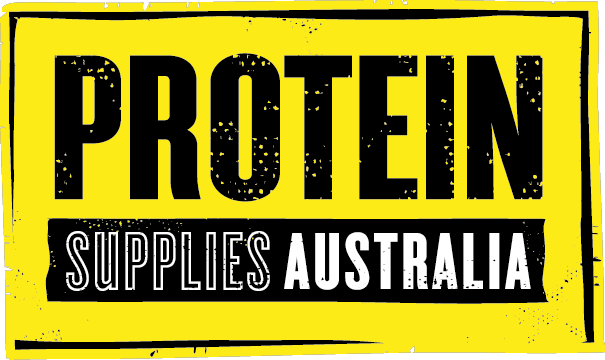

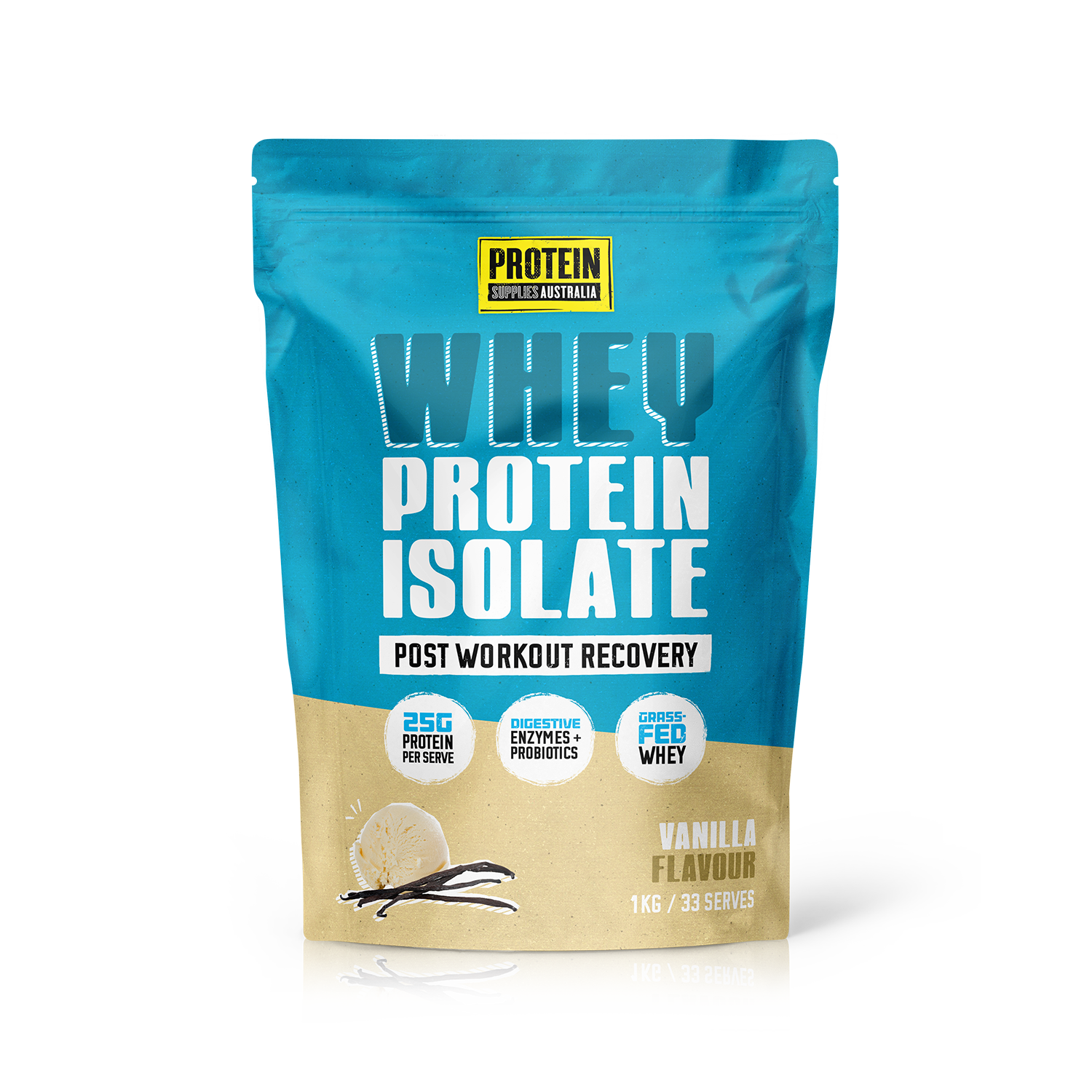
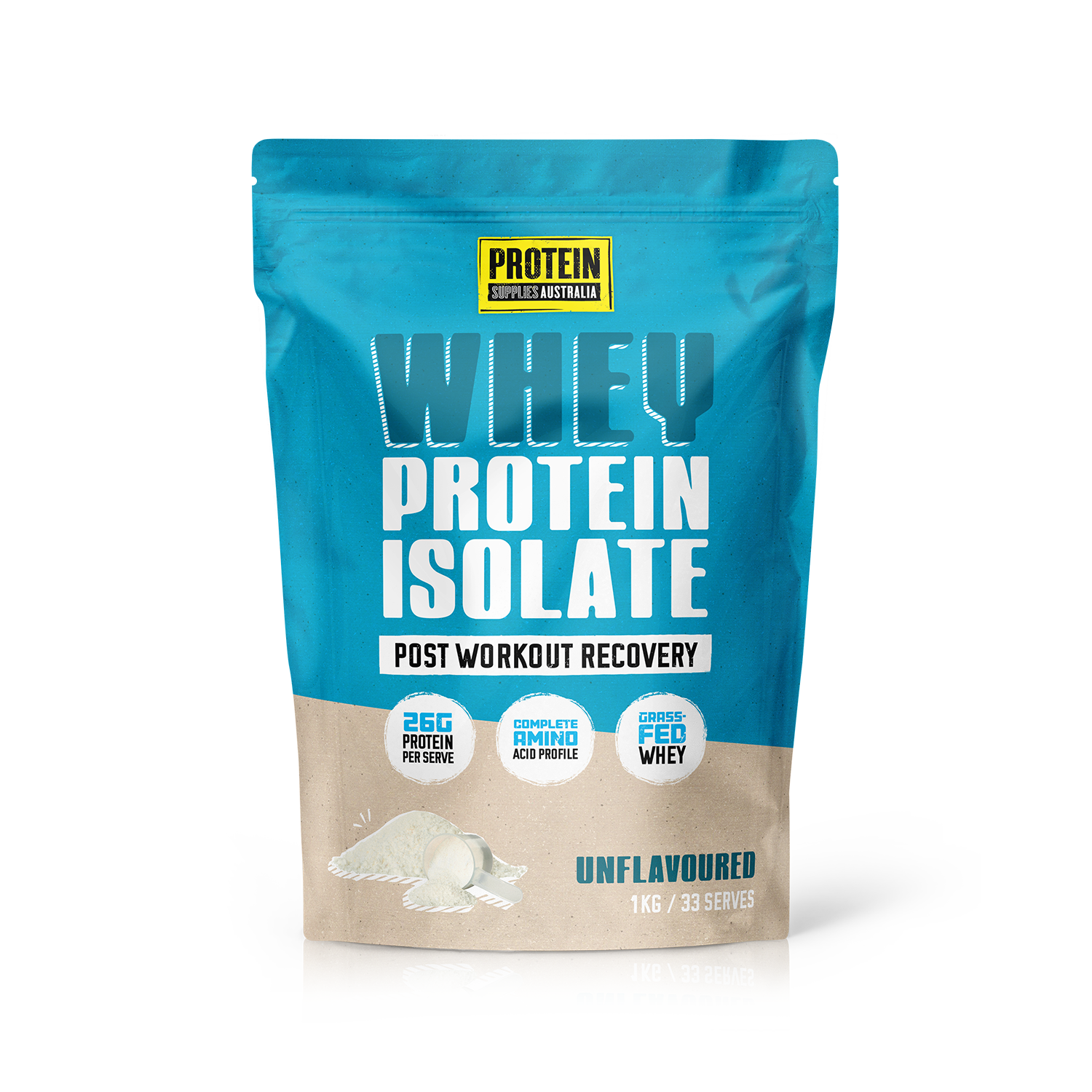
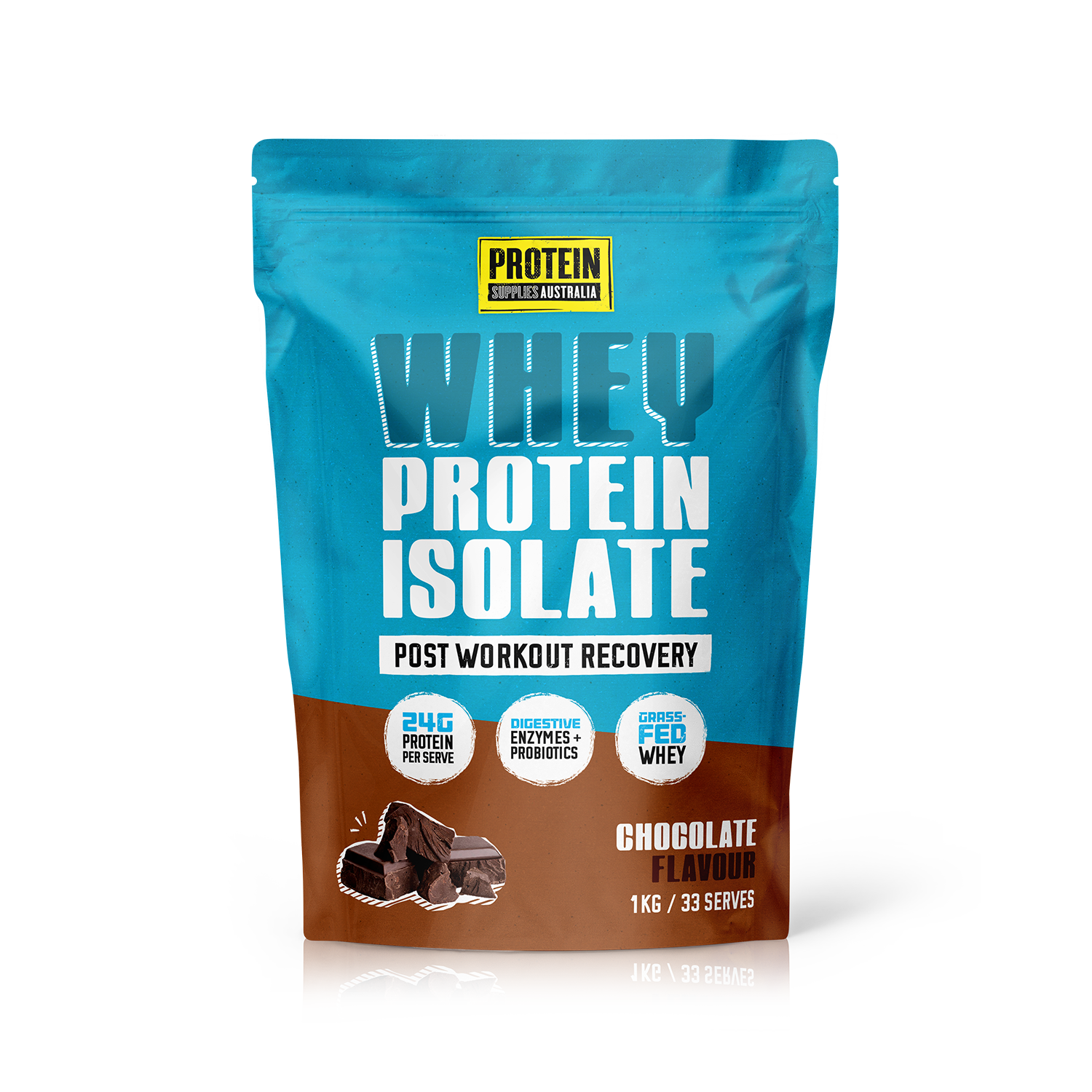
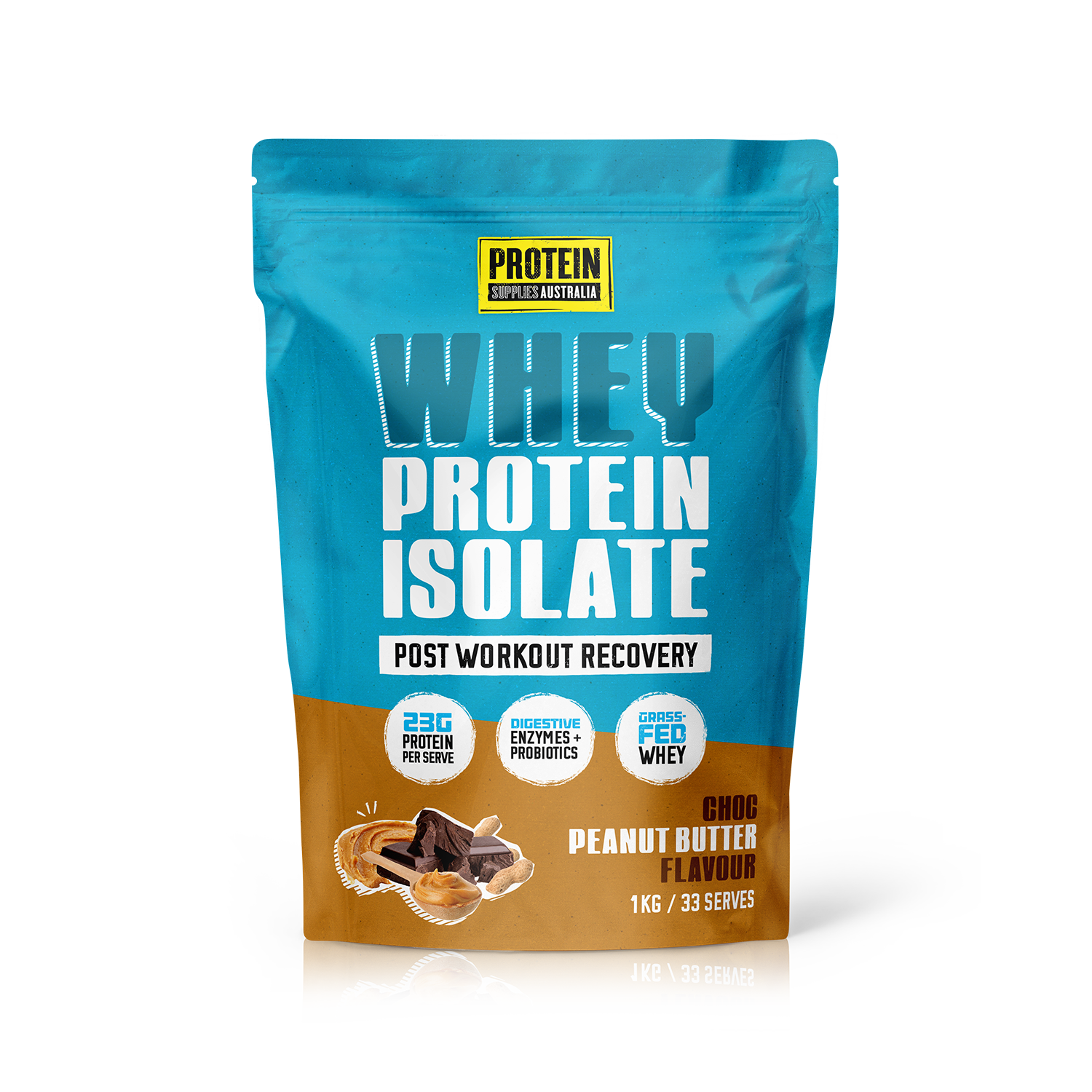
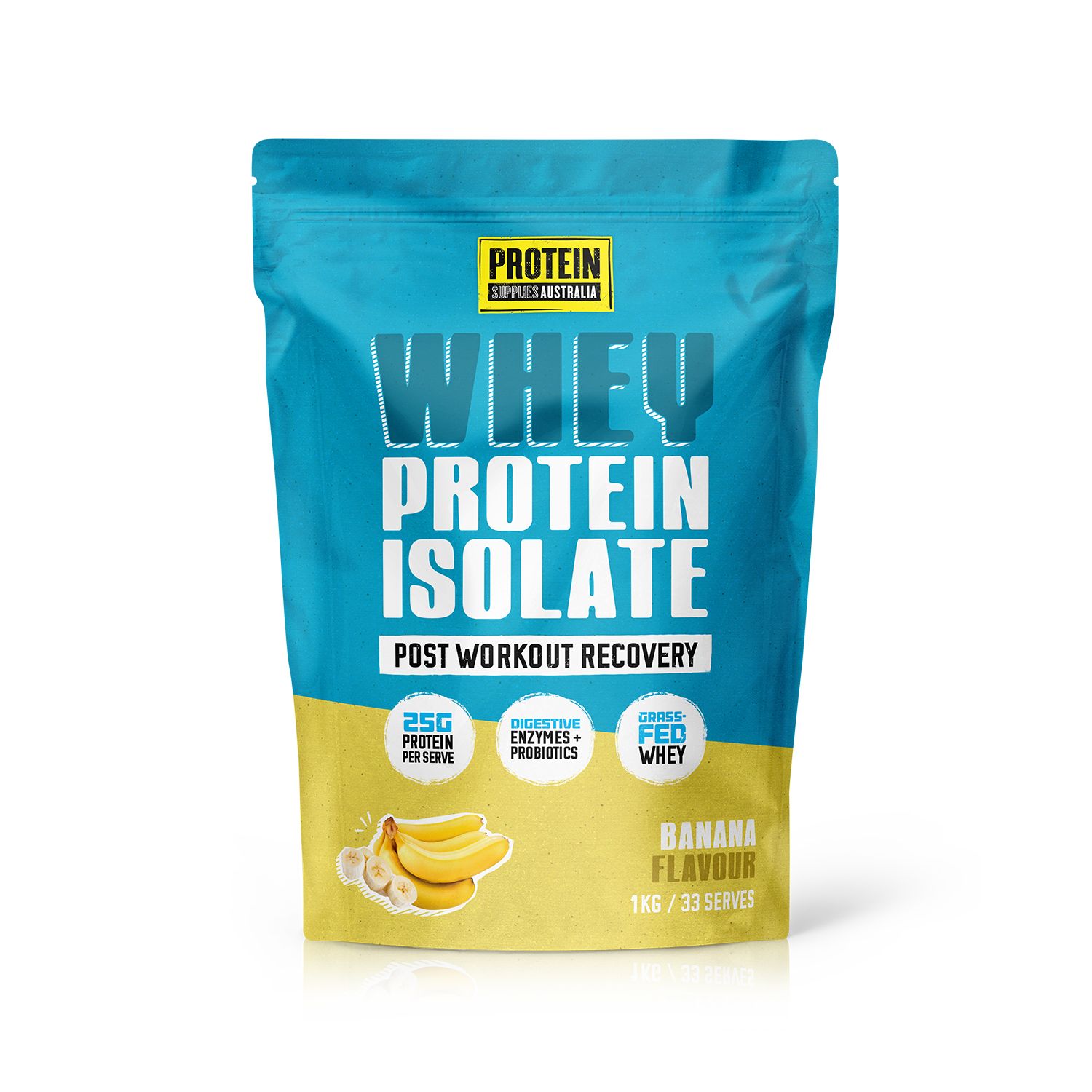
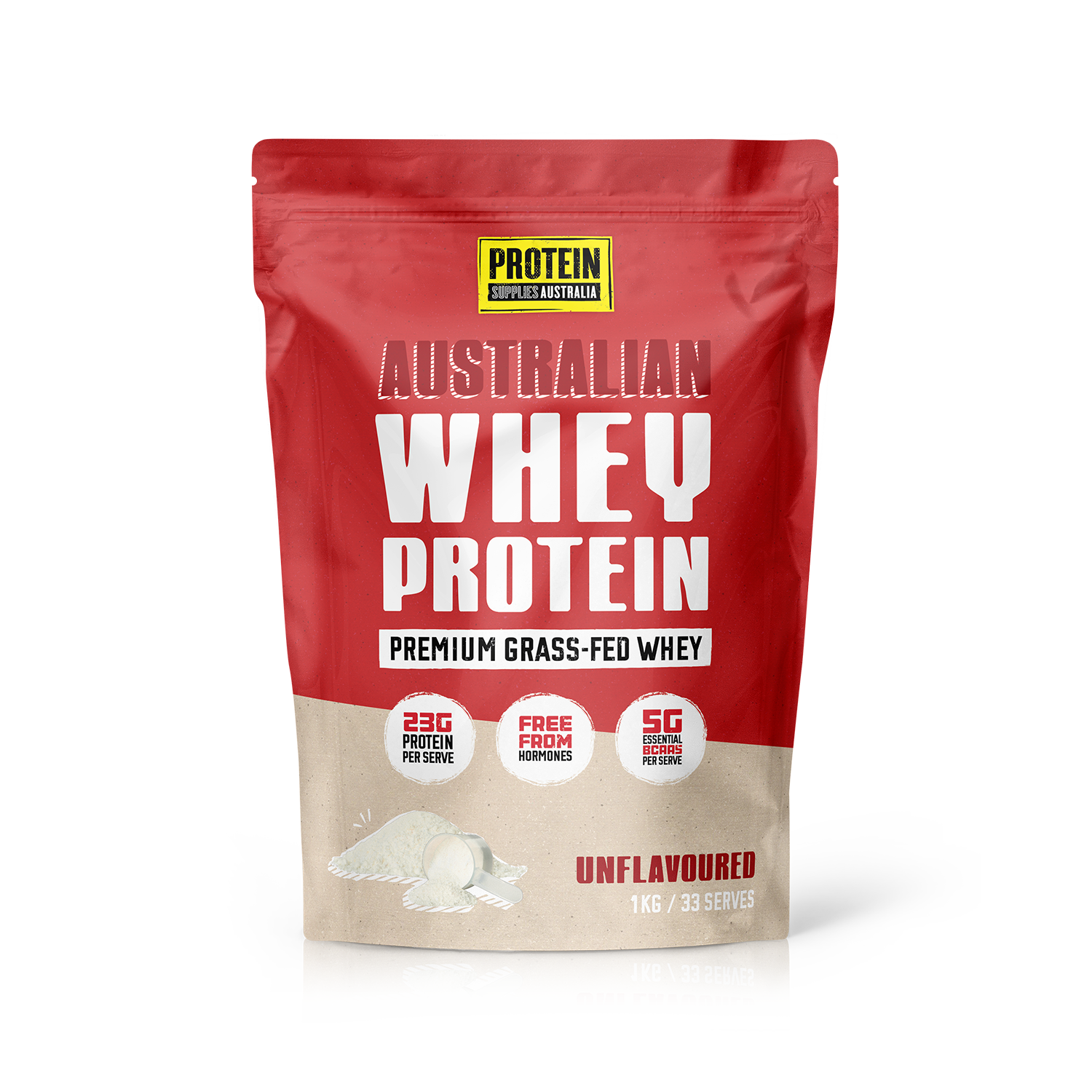
How to Choose the Best Type of Protein Powder?
Whey Protein Milkshake: High-Protein Wellness for Busy Australians